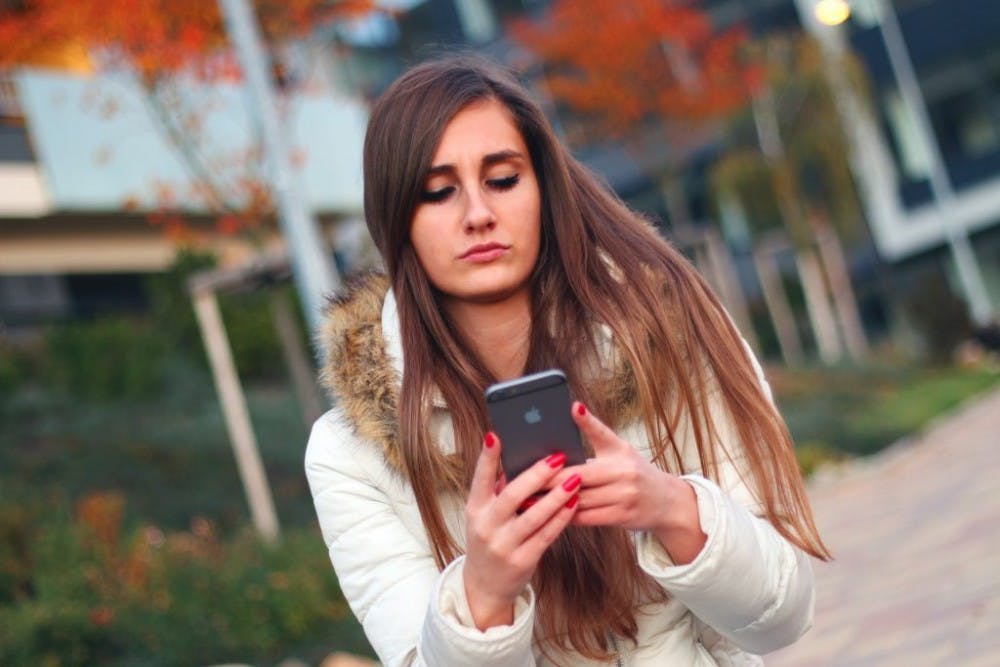Social media has become an intrinsic part of modern-day human interaction. It is how we communicate and how we stay in touch. It is how we meet new people and share events.
As the presence and necessity of social media continues to grow, researchers have begun to explore its relationship with human interaction and its effect on human psychology. While social media participation has been evaluated in a variety of ways, Pennsylvania State University is one of the first institutions to release information on the effect of social media viewing.
While most probably doubt that the pictures they scroll through and the posts they read have any effect on their psychology, a study conducted at Penn State and published in the Journal of Telematics and Informatics indicates otherwise.
“Most of the research done on social network sites looks at the motivation for posting and liking content, but we’re now starting to look at the effect of viewing behavior,” Ruoxu Wang, one of the graduate students who led the study, said in a press release.
Ruoxu Wang and Fan Yang, graduate students in communications, conducted the study through an online survey to collect data on the psychological effects of posting and viewing selfies.
What they discovered was that frequent viewing of selfies is psychologically detrimental to individuals characterized as lurkers. Lurking is described as a type of behavior in which one observes social media but does not post on their own.
Those who fit the profile of a lurker or claimed to frequently view social media but rarely post on social media demonstrated a decrease in self-esteem and life satisfaction with frequent selfie viewing. As frequency of selfie viewing went up, self esteem and life satisfaction continued to decrease.
“People usually post selfies when they’re happy or having fun,” Wang said. “This makes it easy for someone else to look at these pictures and think his or her life is not as great as theirs.”
A particularly interesting effect that the study revealed was that while lurkers saw negative effects from selfie viewing, individuals characterized as desiring popularity saw opposite effects. Selfie viewing increased their self esteem and life satisfaction. Another interesting result of the study was that while viewing behavior had a direct effect on individual’s psychology, posting behavior did not.
Wang and Yang ultimately hope to use the conclusions from the study to raise social media awareness. They believe it is important for people to be aware of the effects of their actions on social media on others.
“We don’t often think about how what we post affects the people around us,” Yang said. “I think this study can help people understand the potential consequences of their posting behavior. This can help counselors work with students feeling lonely, unpopular or unsatisfied with their lives.”





